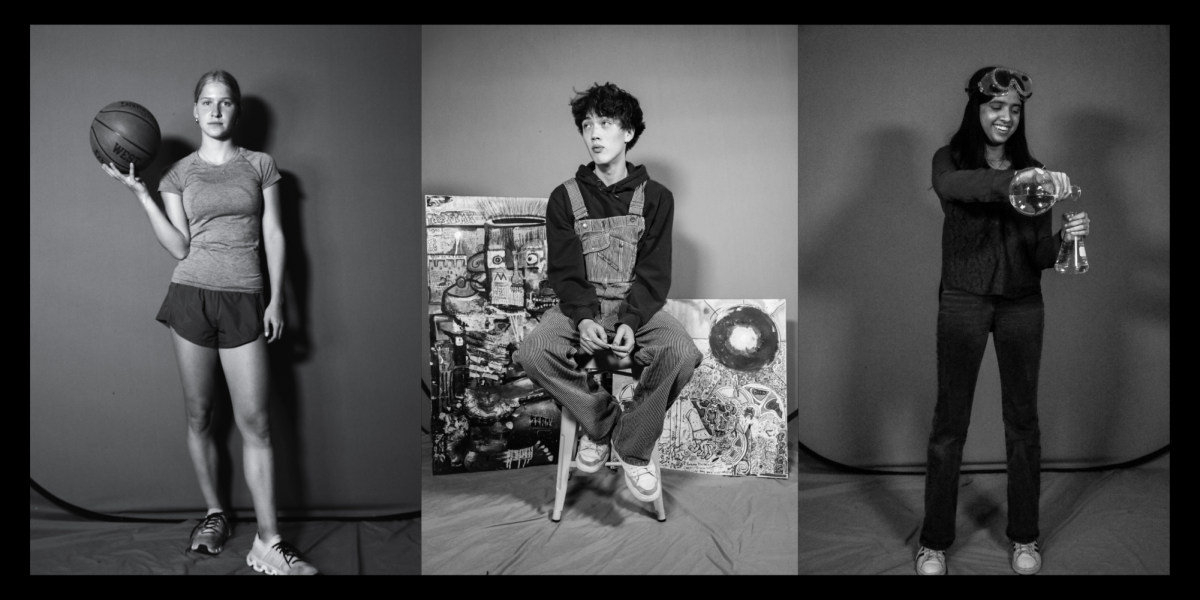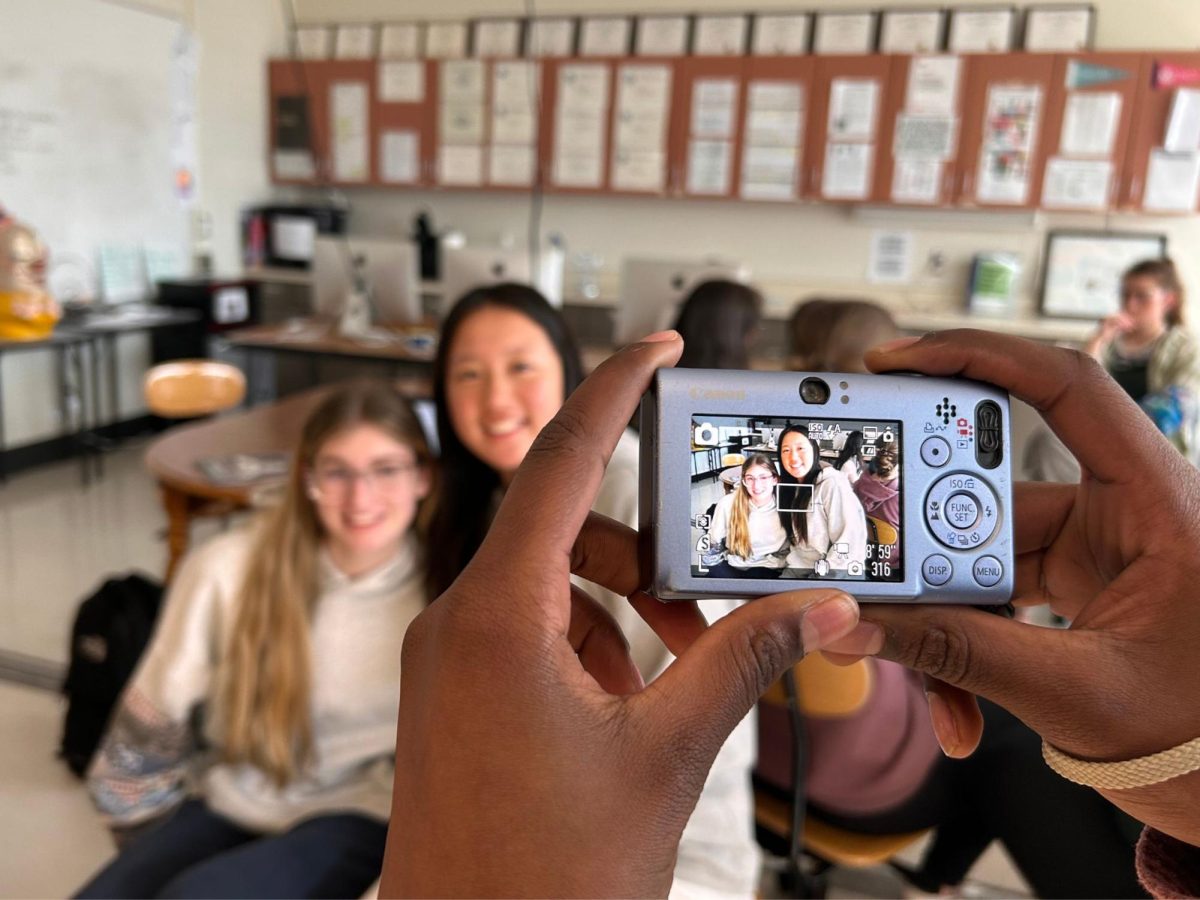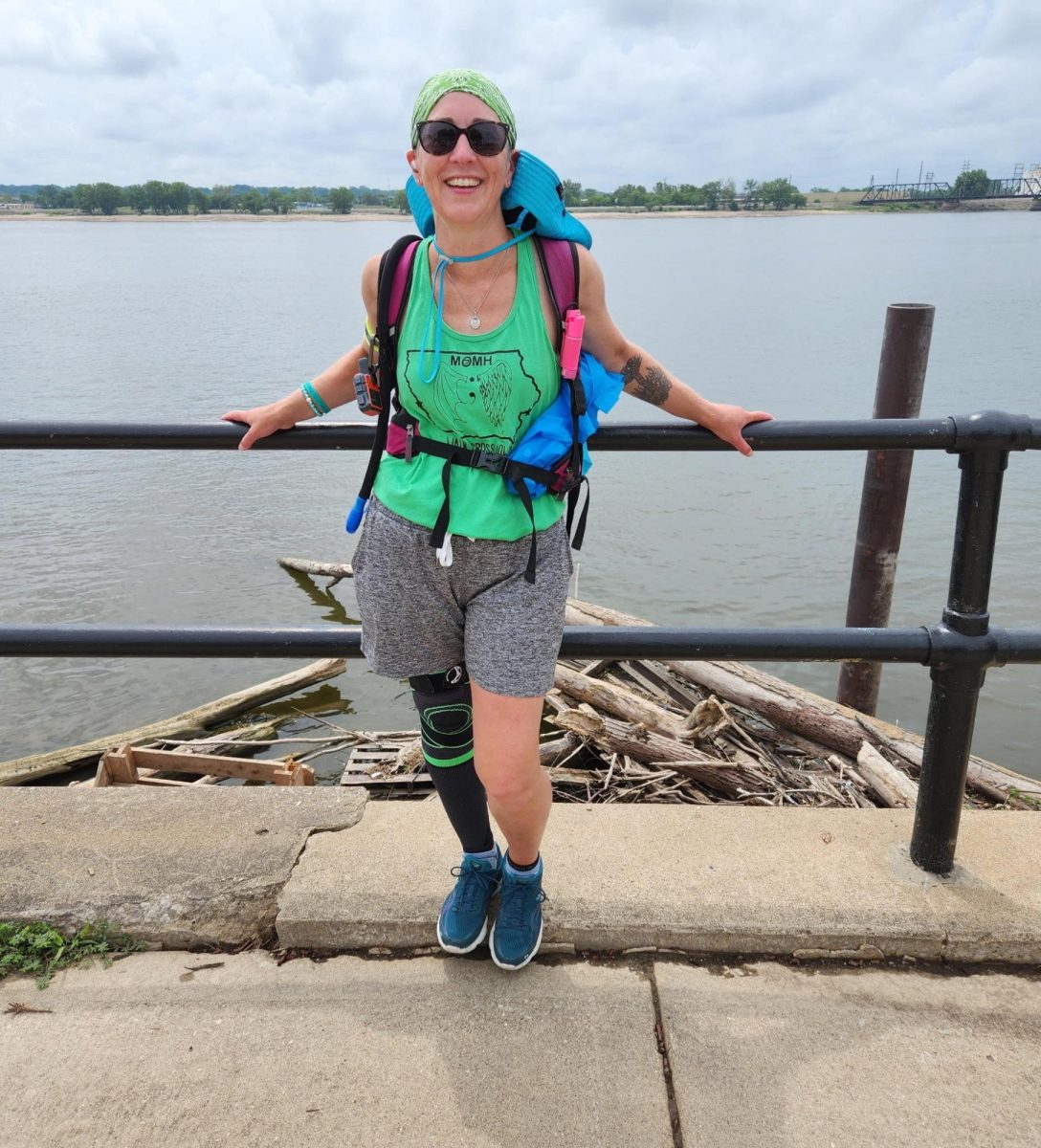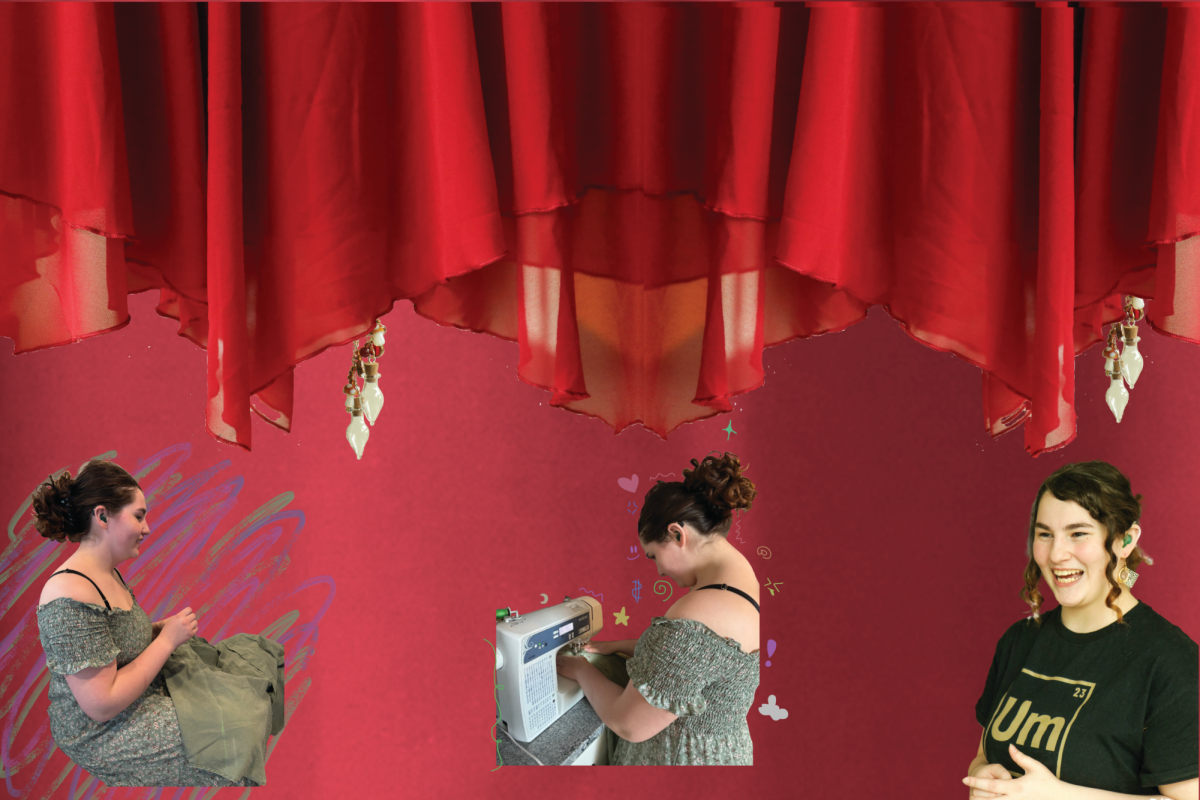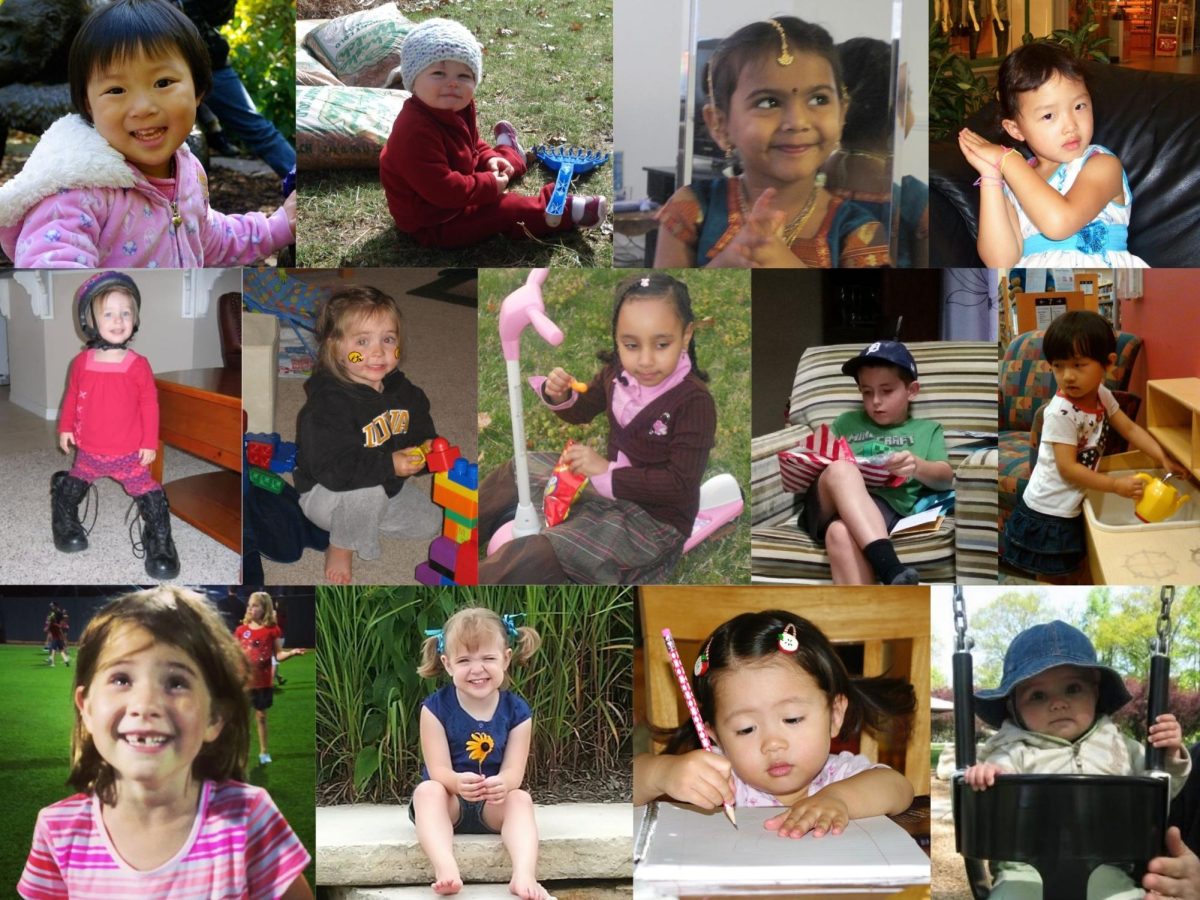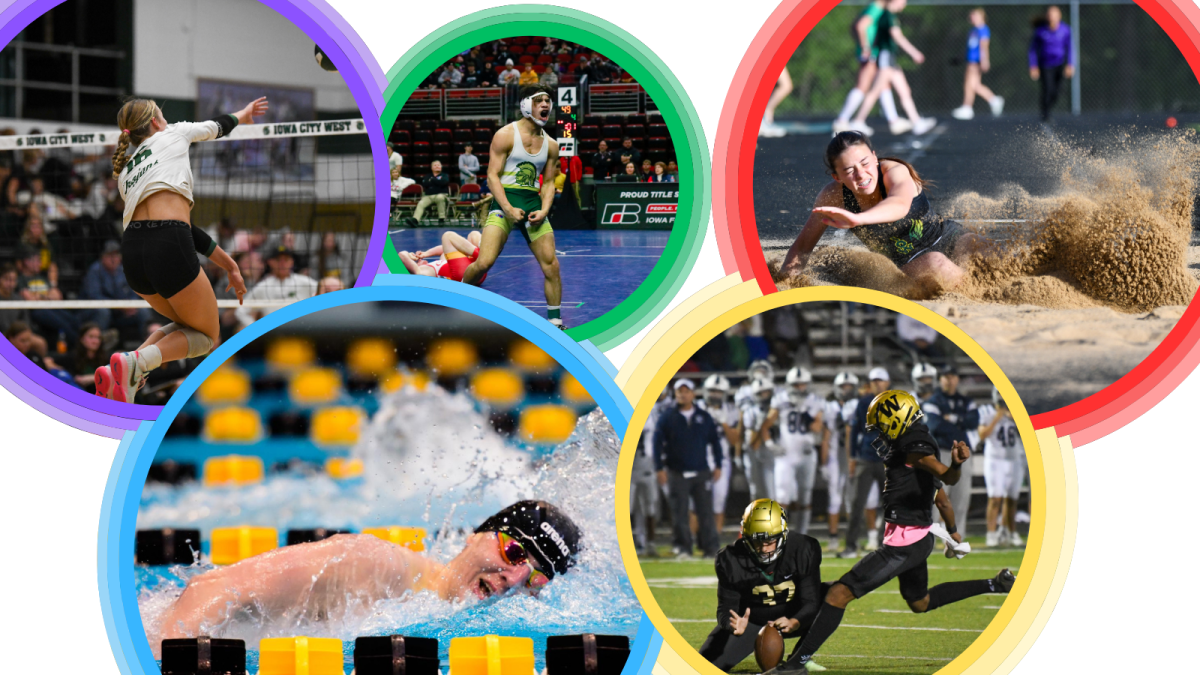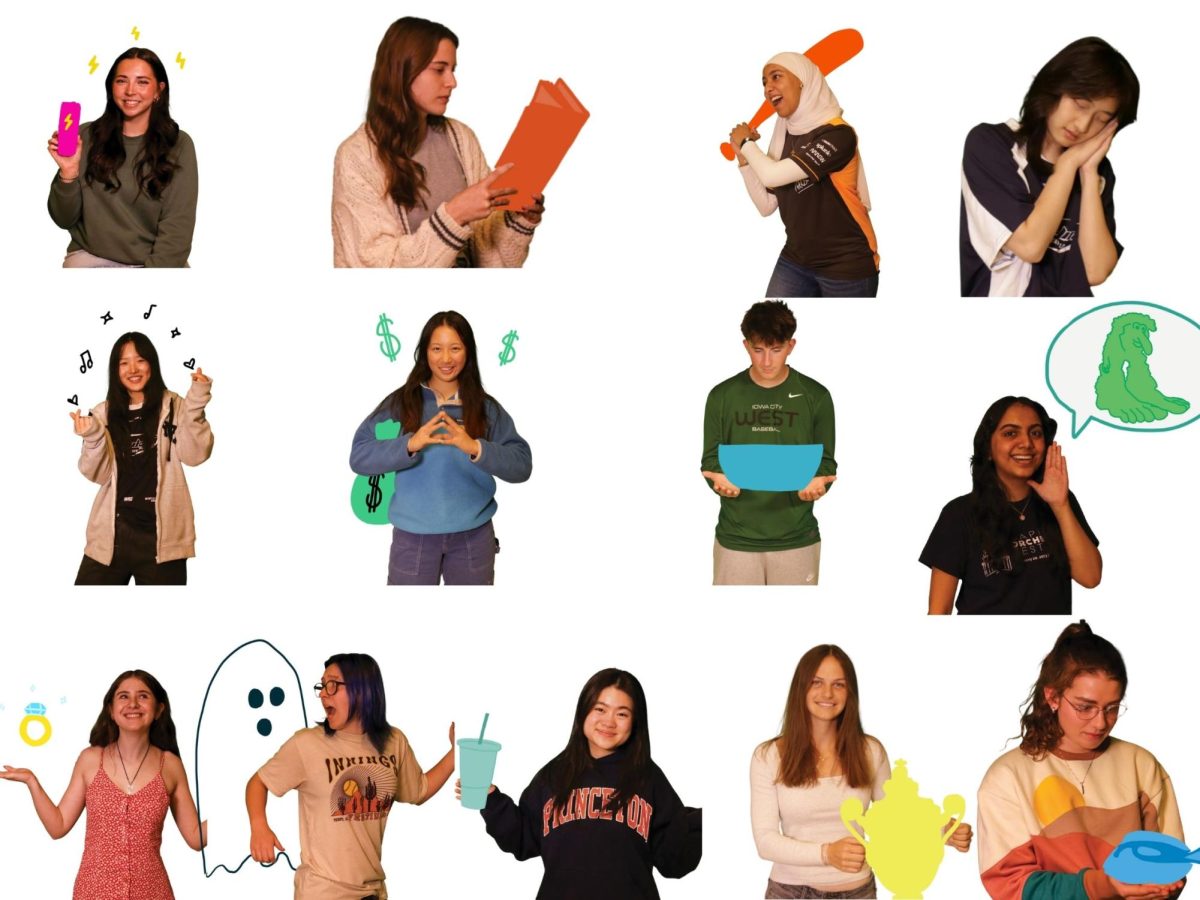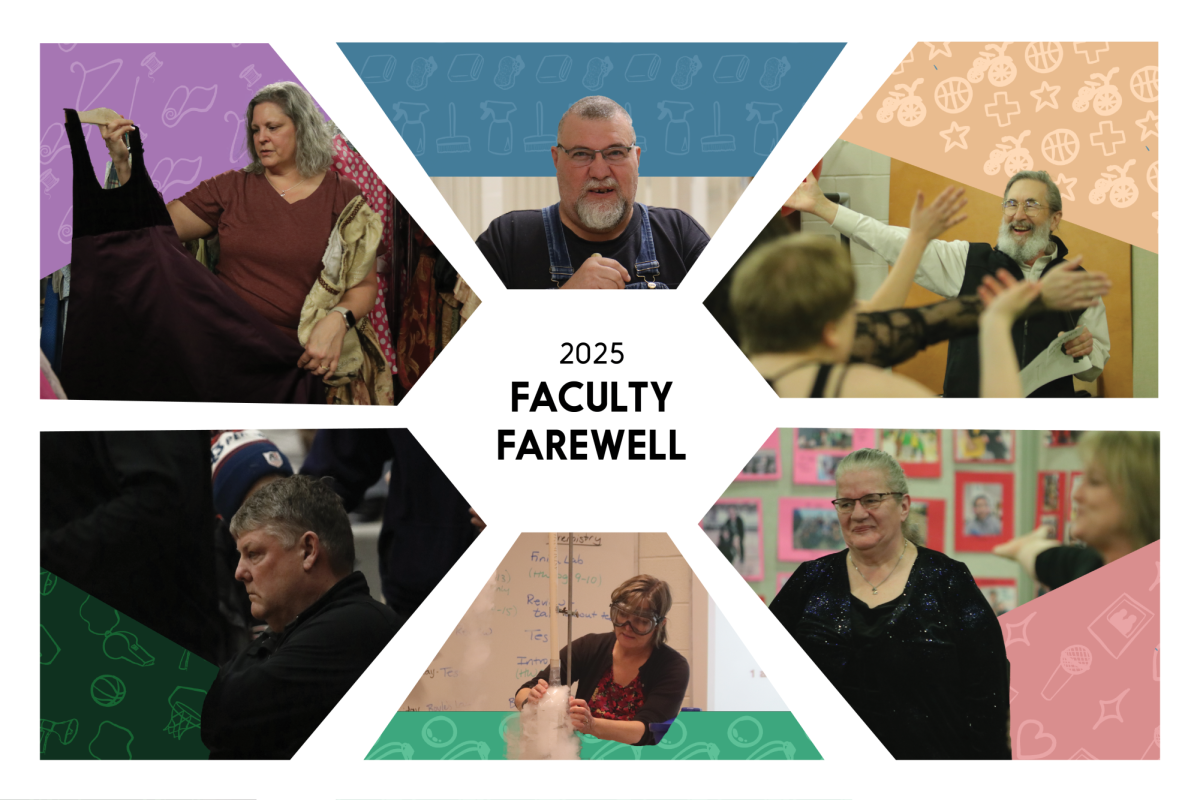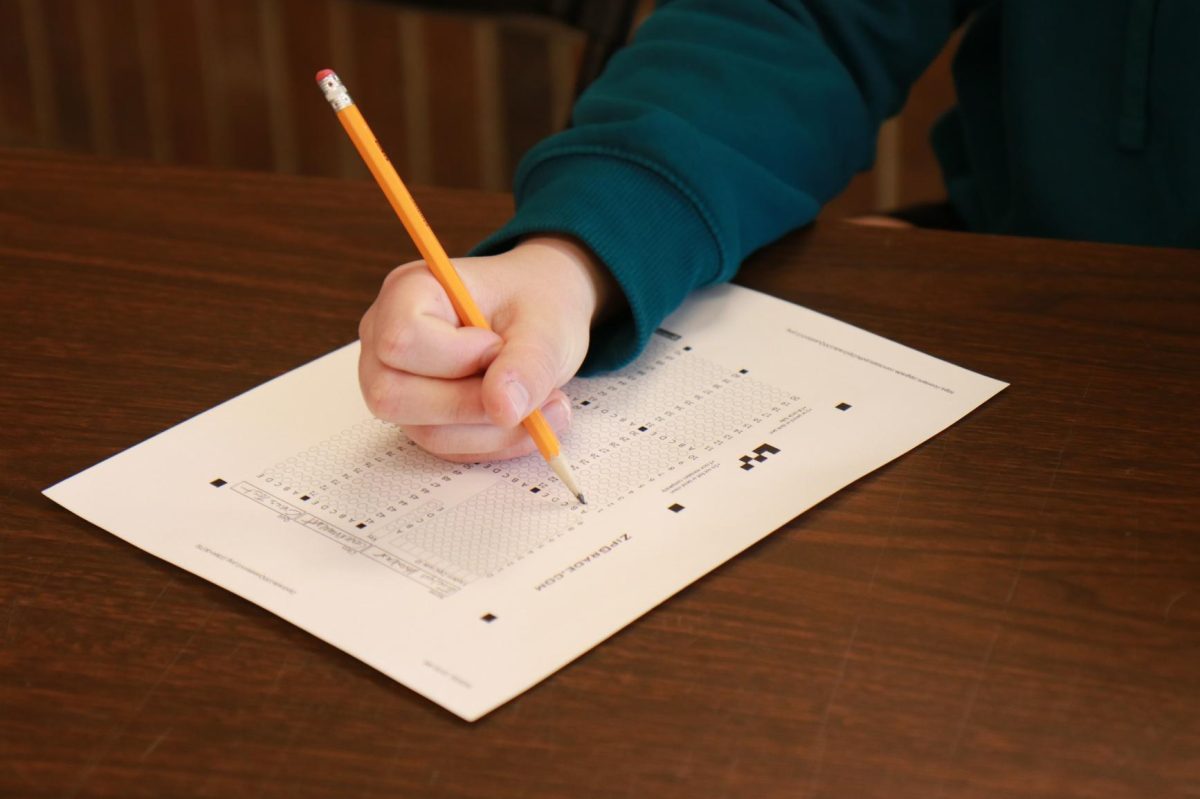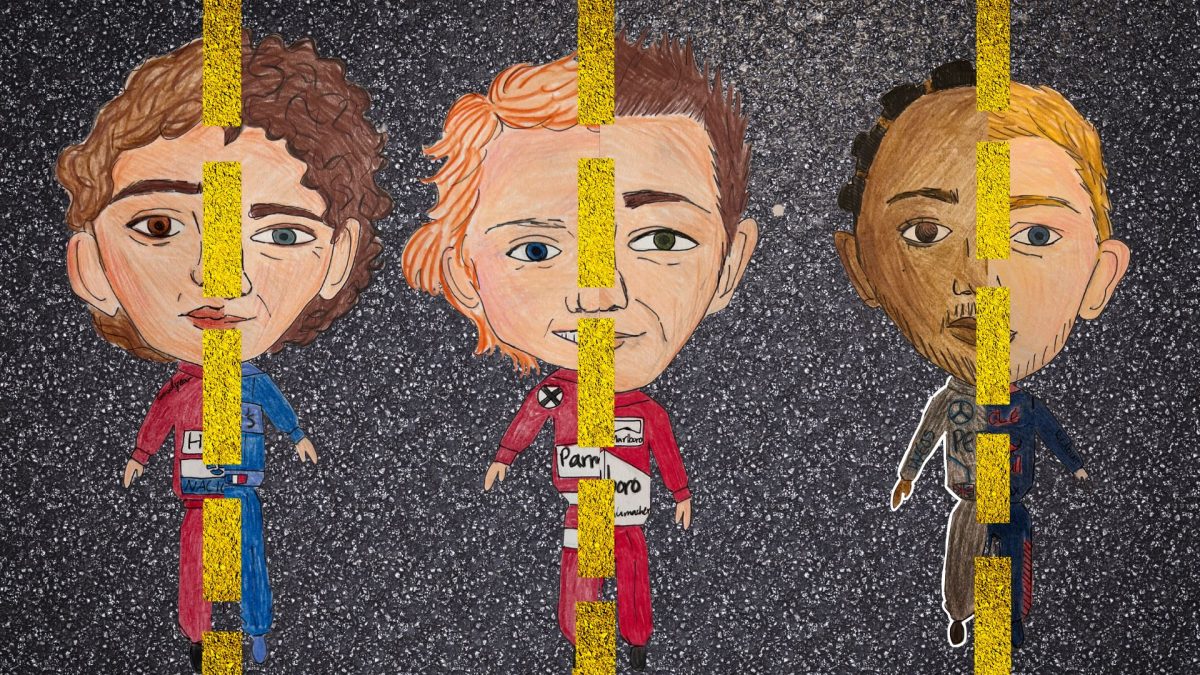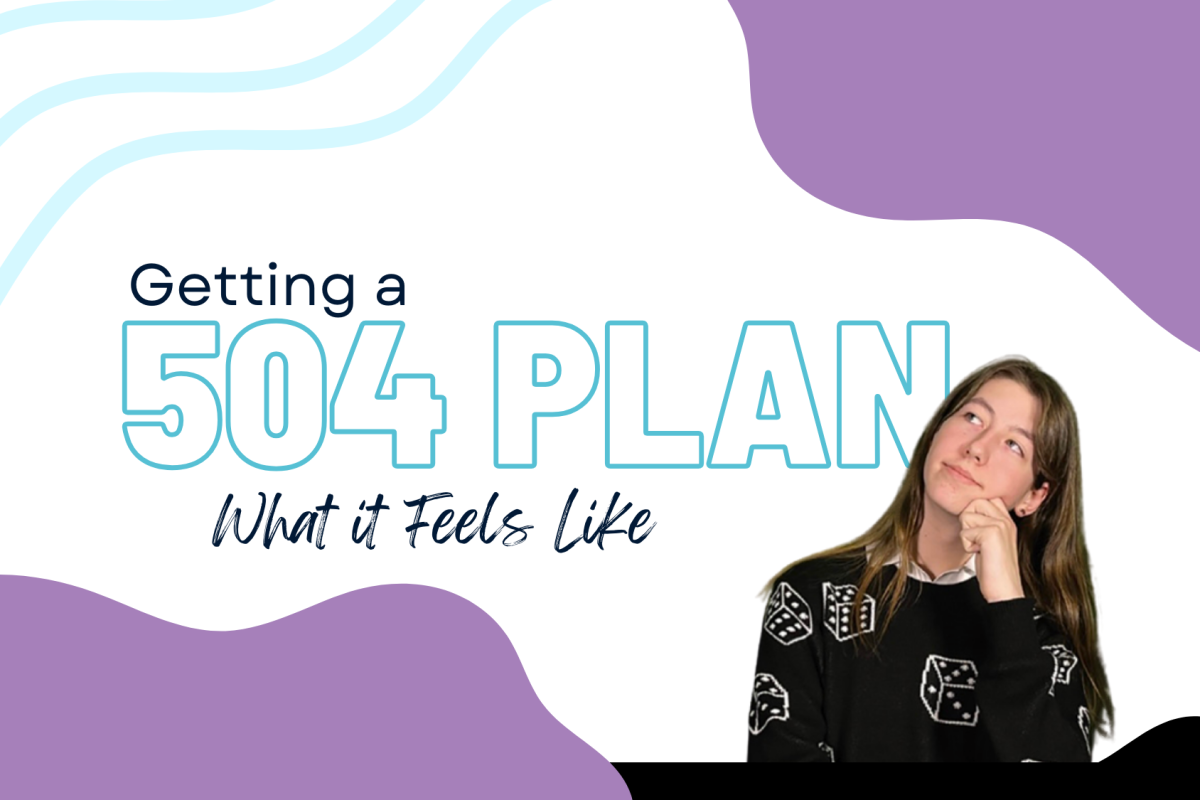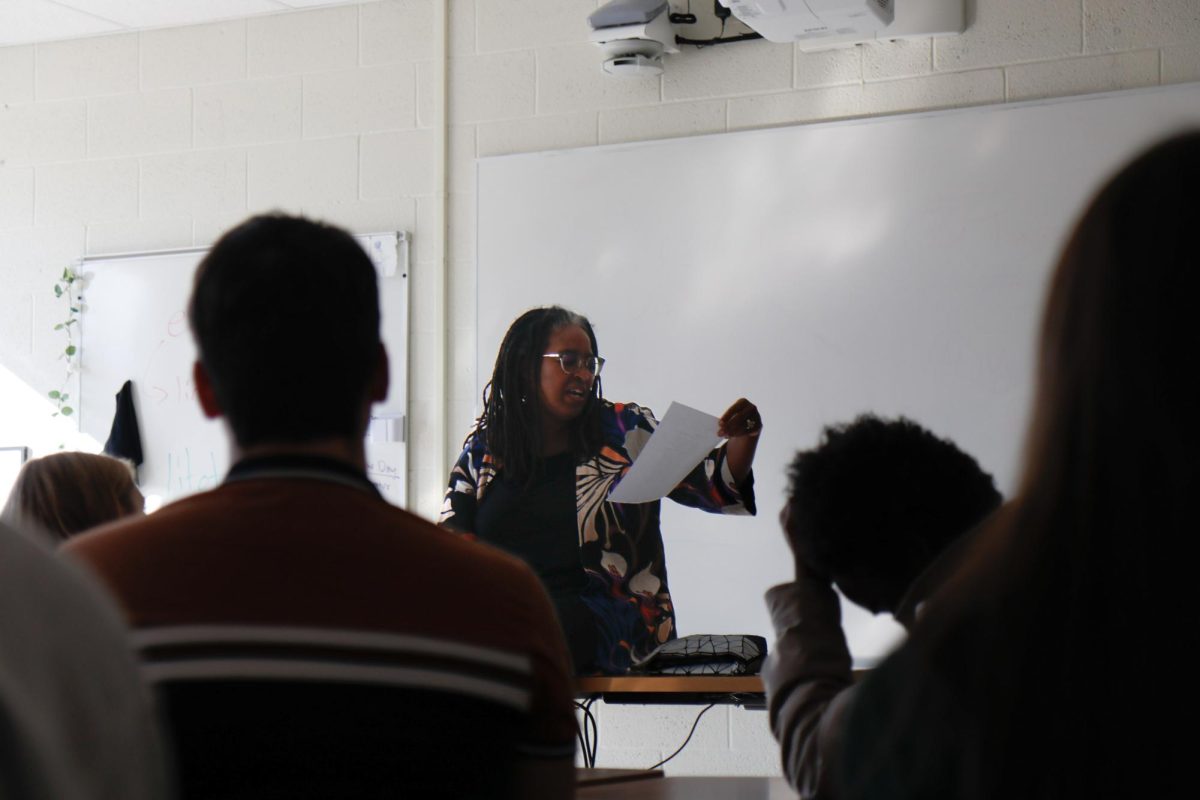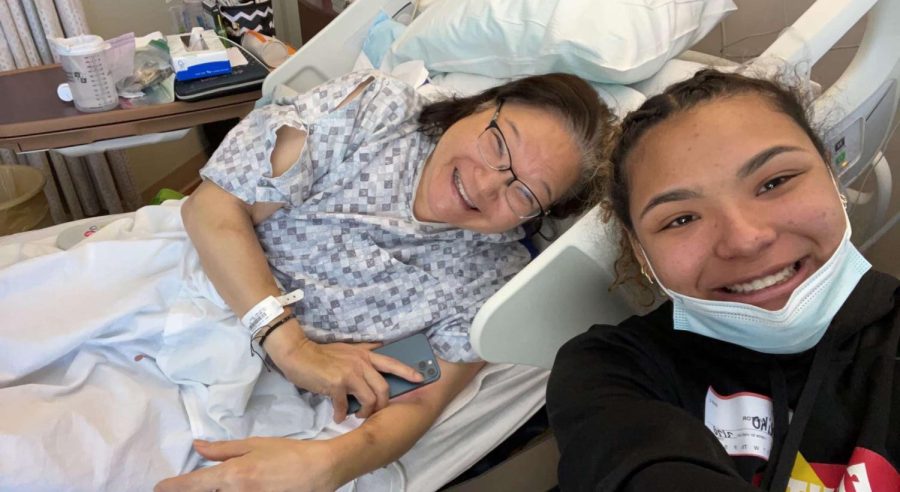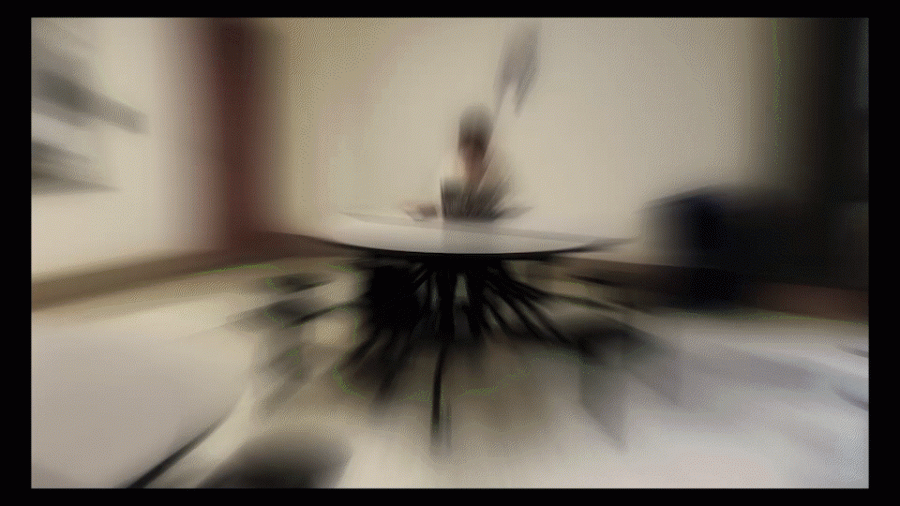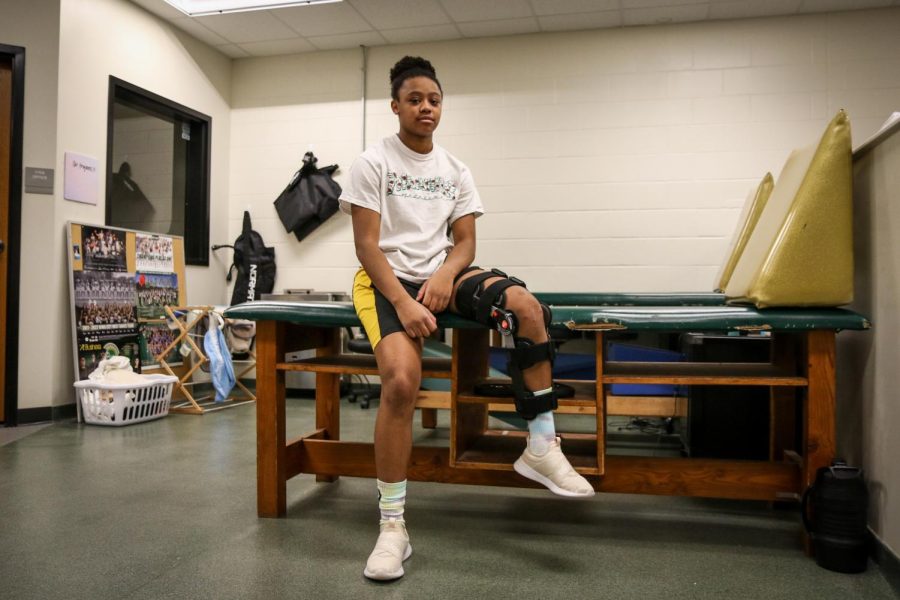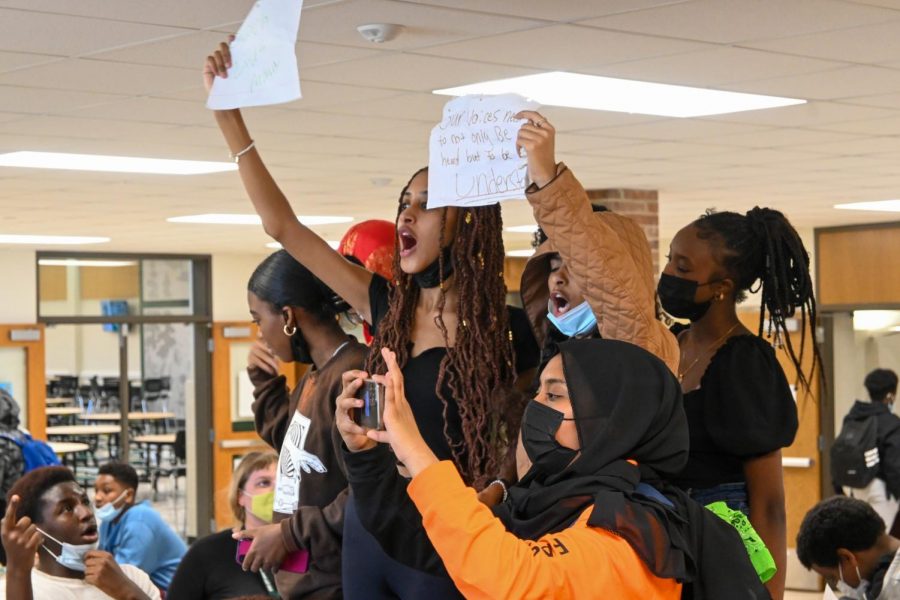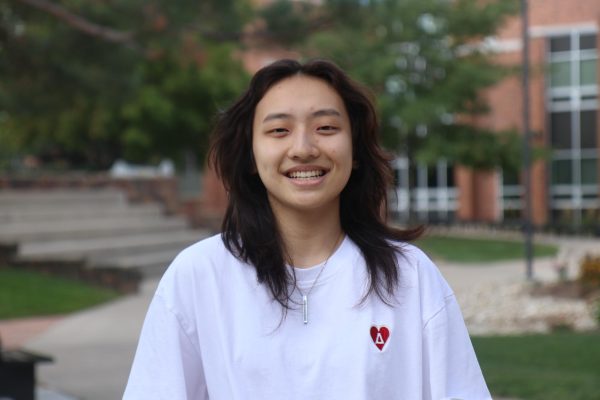I started pretty late, without any thoughts of competing. At the beginning, I wanted a stress reliever and something to get me out of my head. [Going to the gym] was really good for that. Then, as I kept progressing, people who competed started asking me, “Hey, we were talking about competing and were wondering if you wanted to join.”
My first competition was in 2013. I tried to win and got fourth in that show, which, being a very competitive person, lit a fire in me. I wanted to do another show and see if I could place higher.
One of the mistakes that I made before my first show was that I underestimated how much time I would need to be really lean. At first, I thought it was all about just being bigger. That’s the first step, but you also have to have a very lean body fat percentage when you step on stage. I only prepared for about eight weeks for my first [show], but I realized that wasn’t enough time. For me, 12 to 16 weeks is a pretty good number to gradually lose weight. If you lose weight too fast, you end up losing muscle along with the fat you’re trying to take off.
My wife helped me with meal prepping and encouraged me. Usually, my motivation is super high, but when she could see it slipping a little bit, she would encourage me. I want [bodybuilding] to be something that I can do, but not have a big negative impact on the people I care about most. If I’m going to compete, I can’t come home and be emotionally distant or barky with my kids and my wife. Their feedback was that I did better in the last couple of shows, but I think there’s always room for improvement.
It gets easier with every show that I do. For the first show, my energy was lower as I got closer and closer to the show. I’m usually pretty energetic and cheerful, but as I got closer to my first two shows, I was feeling pretty rough.
For the past couple of shows I’ve done, I’ve been able to know what to expect. I know how my body will react with certain foods, and I know how I’m going to be feeling each week of the process. One of my goals for my last show was to not have my family and coworkers be able to tell (except for how I looked) that I was show-dieting. I just didn’t want to be horrible to be around, and that’s one of the hard parts when your mood goes in the tank.
I still am training and I’m committed to staying natural. Your peak can be later in bodybuilding compared to other sports. I’m 41, and that would be super old for something like football, but I can still compete this year, which will be the first time since COVID. My show was actually scheduled for this Saturday.
At the end of spring of last year, I started to kind of dial things in. Then, I had a lower back strain. I’ve been very lucky with injuries, but that one sent my training back. I built a training plan to rehab and come back, but I pushed too fast and I re-injured myself this summer, so I had to push training back again.
I had to make the decision if I was going to compete this fall around late August. I was still toying around with the idea of dialing in for the show in October, but I have to take my rehab slowly. I wouldn’t be able to show up on stage looking better than I did in 2019, and I don’t want to compete unless I can do better than I did the last time. I want to show up on stage in better condition than I was in 2019, and I knew by about September that I was going to be able to do that, just postponed. Now, my next scheduled show is May 24 of next year.
I’ve never used a coach. A lot of people do, and for my first competition, I could have used one. There’s a couple of different components in preparing for the show: your workouts and your diet and posing. I’ve gone to some individual coaching sessions for posing, but I’ve never had a competition coach, which is relatively rare. I really enjoyed reading and learning, and there’s some valuable stuff on YouTube about the process of training.
Then, I had to adapt it to my own body. I enjoyed reading that stuff enough that I was able to put together really good plans for myself to achieve at a really high level without a coach, which is kind of rare. I like that self-taught method. There are benefits to having a coach, like having help managing stress and considering all these different components. Natural bodybuilders don’t make enough money from bodybuilding alone, so everybody that’s competing has another job too. You have all these things going on in life and a coach can offload a lot of it for you, which is really nice. Having a coach would have helped me learn faster my first couple shows, but now I have the benefits of having made all the mistakes on my own and learning from them.
One of the things I take pride in is being really good at time management. Usually, you’re gonna have a one and a half hour workout–maybe two hours–every day, for five or six days a week. And then there’s nutrition. The important thing is to have a day to do all my meal prep. Sometimes, I would even do it several weeks ahead at a time. That’s a big time saver. Being willing to either wake up really early or do evening workouts is also important. The biggest things about the show is posing practice and getting leaner. There’s not much difference from normal training besides that. You’re just doing everything with less energy.
I also learned delayed gratification: all the results come super slowly, especially if you’re drug-free. Accepting that you don’t have control over other people was also important. You’re competing against yourself. These are some life lessons I’ve learned.
I got a little soft in my prep for the show in 2016. I came in big but just didn’t have my conditioning quite as dialed in towards the end. I let my foot off the gas a little bit, and I ended up getting fifth or sixth in that show. That really set me on fire and motivated me, and that’s one of the main reasons I ended up doing so well in 2017 and 2019. I had this recent memory of having not pushed myself hard enough and failing. That’s one of my favorite memories to see.



